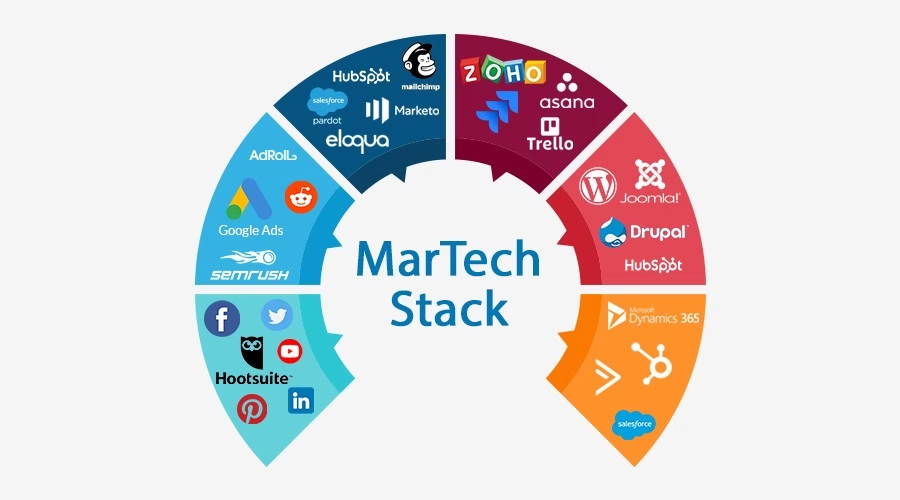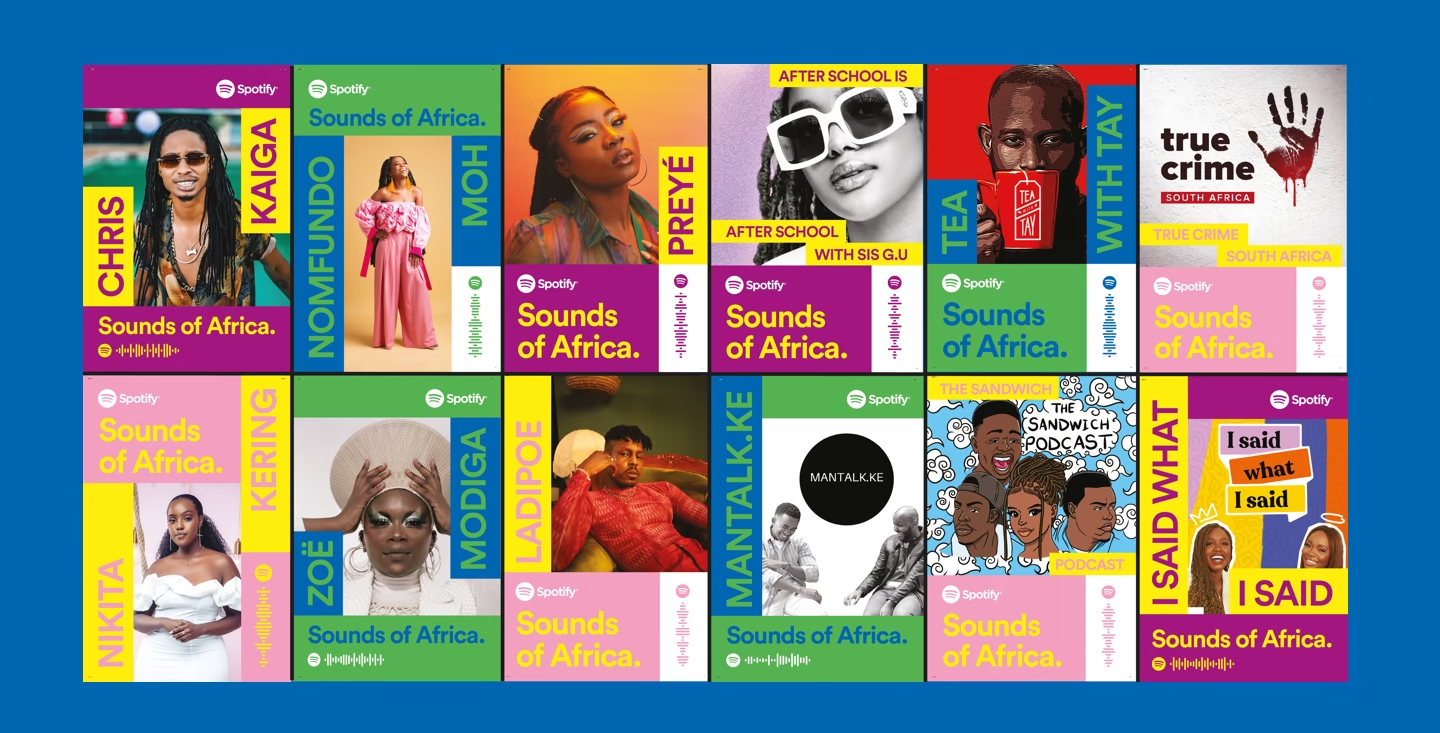Why Traditional Marketing Systems Can’t Keep Up with AI and What Ghanaian Businesses Can Do About It

The Shift from Traditional to AI-Driven Marketing in Ghana
Over the past century, manufacturing has evolved from relying on skilled artisans to adopting automated, computer-driven systems. Similarly, marketing is undergoing a significant transformation, moving from traditional methods to AI-powered, data-driven approaches. This change is happening rapidly, and Ghanaian marketers must adapt to harness the full potential of AI or risk losing out on productivity gains.
The Legacy of Traditional Marketing Systems
Traditional marketing in Ghana, much like in other parts of the world, has often functioned like an apprentice system. Individuals learn their trade through a combination of formal education and on-the-job training, guided by experienced professionals. This system relies heavily on human skills in areas such as copywriting, design, and media management, with multiple layers of approval to ensure quality and consistency.
In a largely manual and slower-paced environment, these traditional systems worked adequately. However, as marketing begins to adopt more digital and automated tools, the inefficiencies of these legacy systems become apparent. Marketing automation and digital marketing have started to mechanize certain tasks, but the overall approach remains rooted in traditional methodologies.
How AI is Revolutionizing Marketing Systems
AI is set to revolutionize marketing by automating repetitive tasks, analyzing vast amounts of data in real-time, and continuously optimizing campaigns. This shift requires a rethinking of traditional workflows and approval processes.
For instance, an AI-powered system can create and test content at a scale previously unimaginable. Real-time data processing allows for immediate adjustments based on performance, eliminating the need for prolonged discussions and manual approvals. AI-driven tools can standardize and automate many aspects of marketing, from ad creation to budget adjustments, thereby flattening the layers of approval and significantly boosting efficiency.
Impact on Marketing Team Organization
The introduction of AI into marketing will transform team structures and roles. Marketers will need to develop broader skill sets, encompassing multiple specialties such as email marketing, social media management, and event planning. This rise of the marketing generalist, equipped with AI tools, will lead to more streamlined and efficient workflows.
Teams will shift their focus to managing automation streams, coordinating with data analysts, and ensuring compliance with marketing ethics and policies. AI will enable a more dynamic approach where strategy and execution are closely linked, allowing for real-time adjustments based on AI-driven insights.
Practical Examples and Future Outlook
Companies globally and in Africa are already leveraging AI to optimize their marketing efforts. For example, Nike uses AI to analyze audience emotional intelligence and traits, creating compelling narratives that offer the best ROI. Small, agile teams collaborate to achieve specific outcomes, using AI to automate processes and decentralize decision-making within defined policy parameters.
In Ghana, businesses can start by integrating AI tools to automate workflows and approval processes. This can range from using AI to create personalized ad campaigns to implementing chatbots for customer service. As organizations become more advanced, they can use AI to create continuous feedback loops, optimizing for predefined outcomes and aligning with other teams on shared goals.
The Role of AI in Transforming Marketing Jobs
The rise of AI in marketing will inevitably change the types of jobs available. While some roles may disappear, new opportunities will emerge. Marketers will need to develop proficiency in data analysis, technology, and process optimization. Continuous improvement and cross-functional collaboration will become the norm, with marketers working alongside data scientists and AI specialists.
Adapting to the AI-Driven Future
For Ghanaian businesses to thrive in this AI-driven future, they must embrace flexibility and innovation. Starting with small steps, such as integrating AI into existing workflows, can pave the way for more significant transformations. Leaders should focus on creating environments that support continuous learning and collaboration, ensuring their teams are well-equipped to leverage AI’s full potential.
In conclusion, AI offers unprecedented opportunities for Ghanaian marketers to enhance efficiency, personalization, and overall effectiveness. By rethinking traditional systems and embracing AI-driven tools, businesses can stay ahead in the rapidly evolving marketing landscape.









